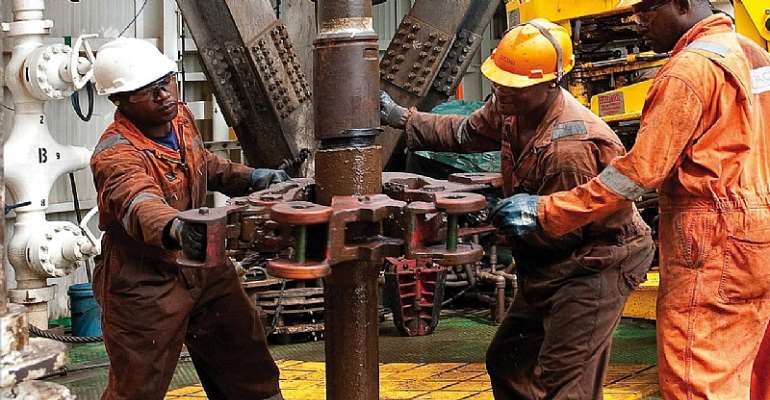Nigeria Set To Make Oil Production, Cargo Data Open

After 66 years of oil production, Nigeria government is set to introduce accountability and transparency measures into the production of oil and gas.
The Federal Government has revealed plans to introduce accountability and transparency measures into the production of oil and gas amid continuous theft of the nation’s oil resources.
These moves will see the introduction of five new regulations among which include compulsory provision of crude oil to local refineries, gas development and new oil fields development.
While some data from the Nigerian National Petroleum Company (NNPC) Limited showed that Nigeria was losing about 250,000 barrels of crude oil per day to theft, suggesting a total loss of about $1.5 billion, its Chief Executive Officer, Mele Kyari, while addressing the 49th session of the State House briefing at the Presidential Villa last year, was quoted to have said the country loses 700,000 barrels of crude oil daily to oil theft.
Speaking in Abuja at the Nigerian Upstream Petroleum Regulatory Commission (NUPRC)‘s third Phase Stakeholders Consultative Forum on Draft Regulations pursuant to the Petroleum Industry Act ( PIA), the chairman of the commission, Gbenga Komolafe, boasted that the move would bring an end to the opacity in oil and gas production data.
Represented by the Executive Commissioner, Development & Production, NUPRC, Dr. Nuhu Habib, noted that the country would model the system in Saudi Arabia where regulators would monitor activities from the comfort of their office.
“And it’s also the aspiration of the commission that this regulation will support Nigeria to achieve the reality where everybody on their own can actually have visibility around our production systems, from wellhead to terminal level and destinations.
Komolafe noted that public funds won’t be committed into the plan but basically funded by the oil companies who would be mandated to procure technology that would thereafter be connected to government monitoring centres.
Executive Commissioner, Economic Regulation & Strategic Planning, (NUPRC), Kelechi Ofoegbu also said Nigeria’s upstream petroleum sector has suffered over time, in terms of lack of transparency and even accountability.
